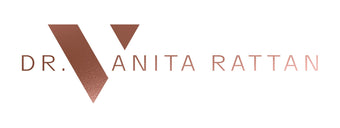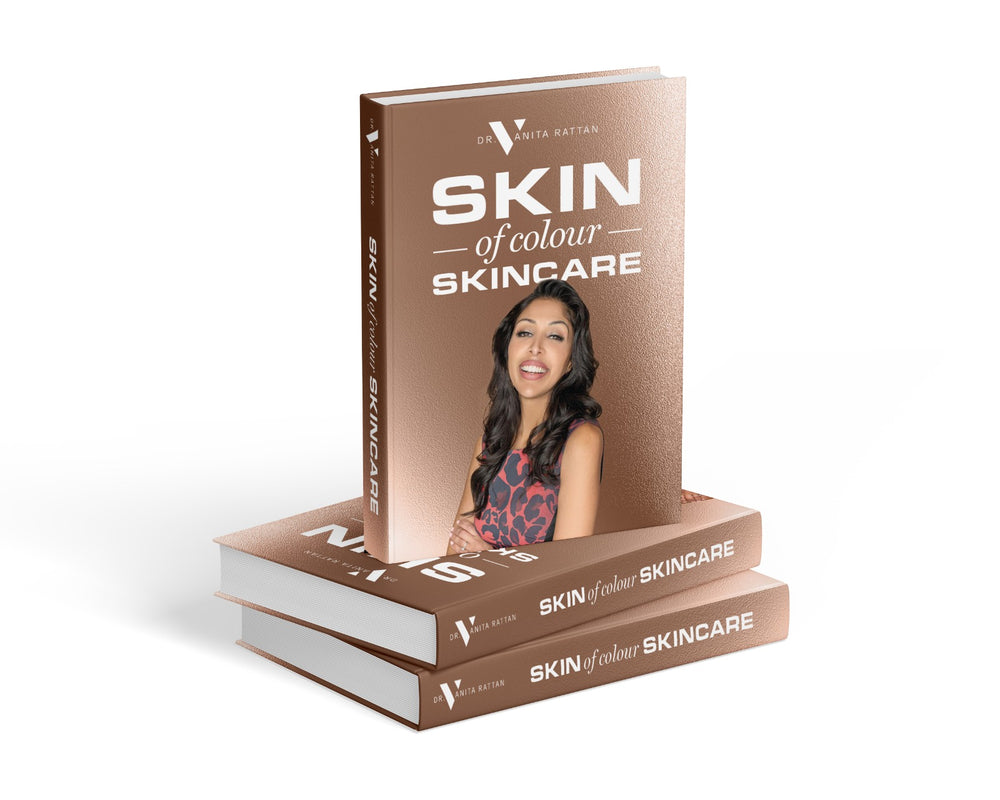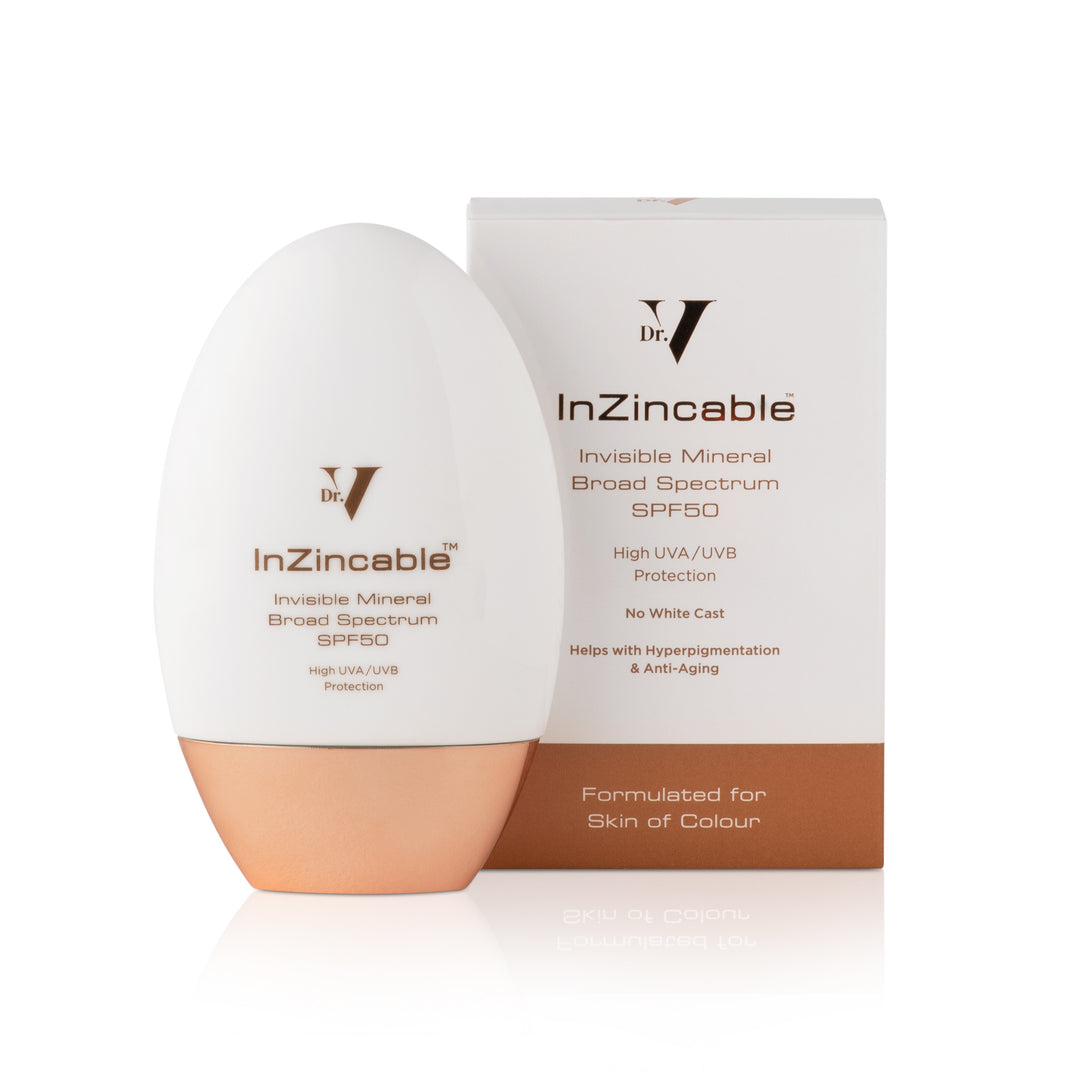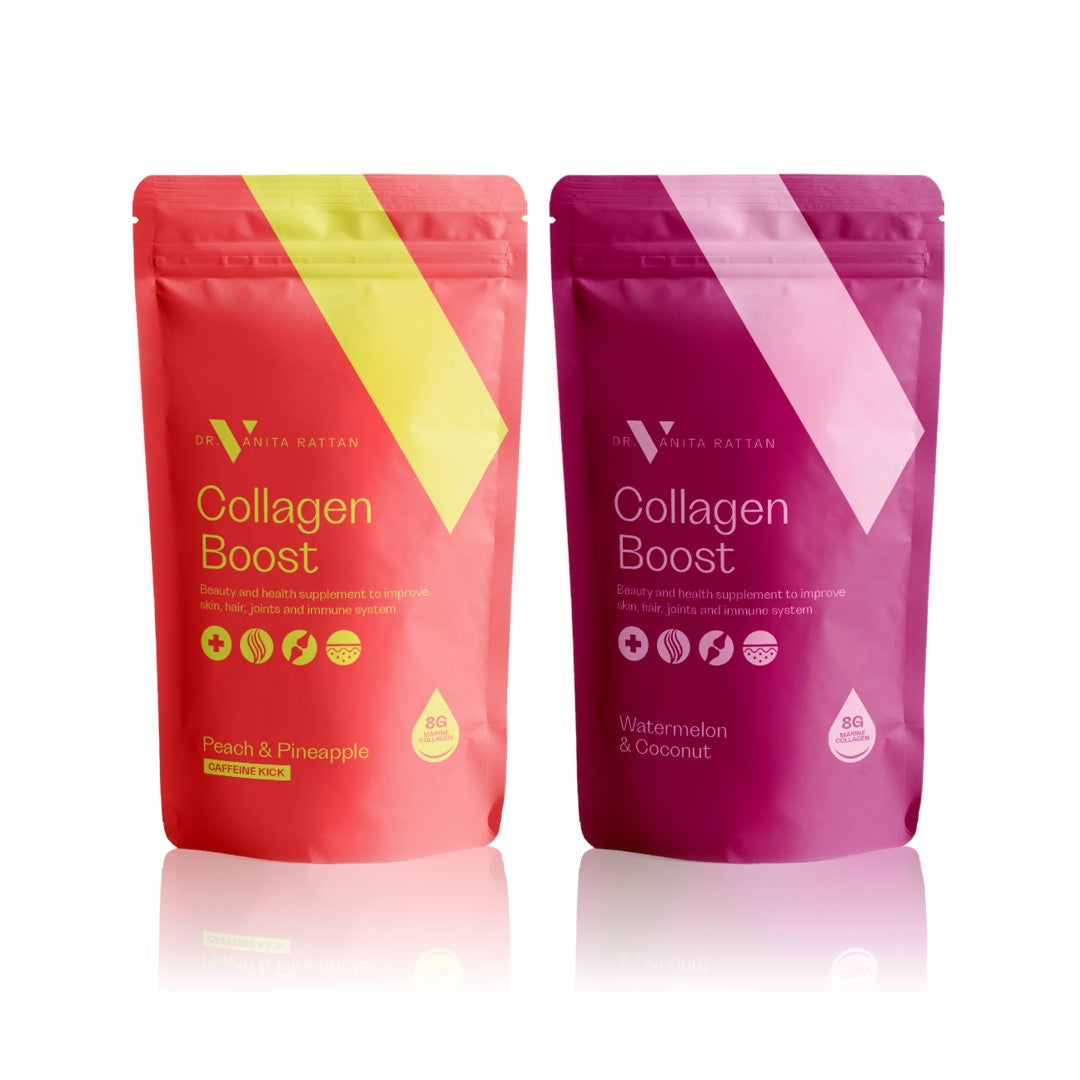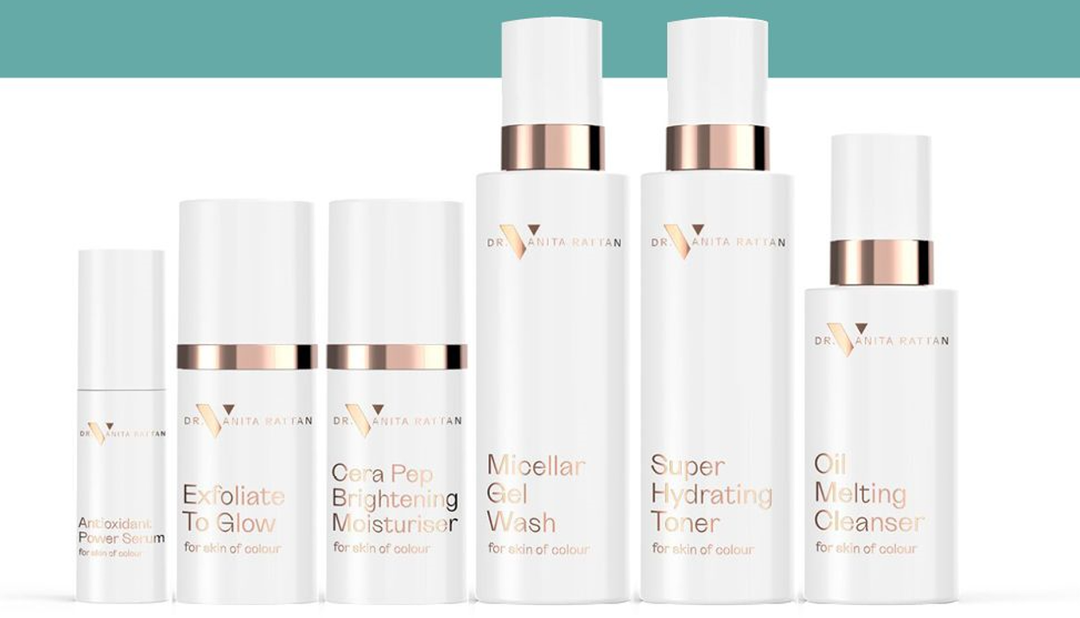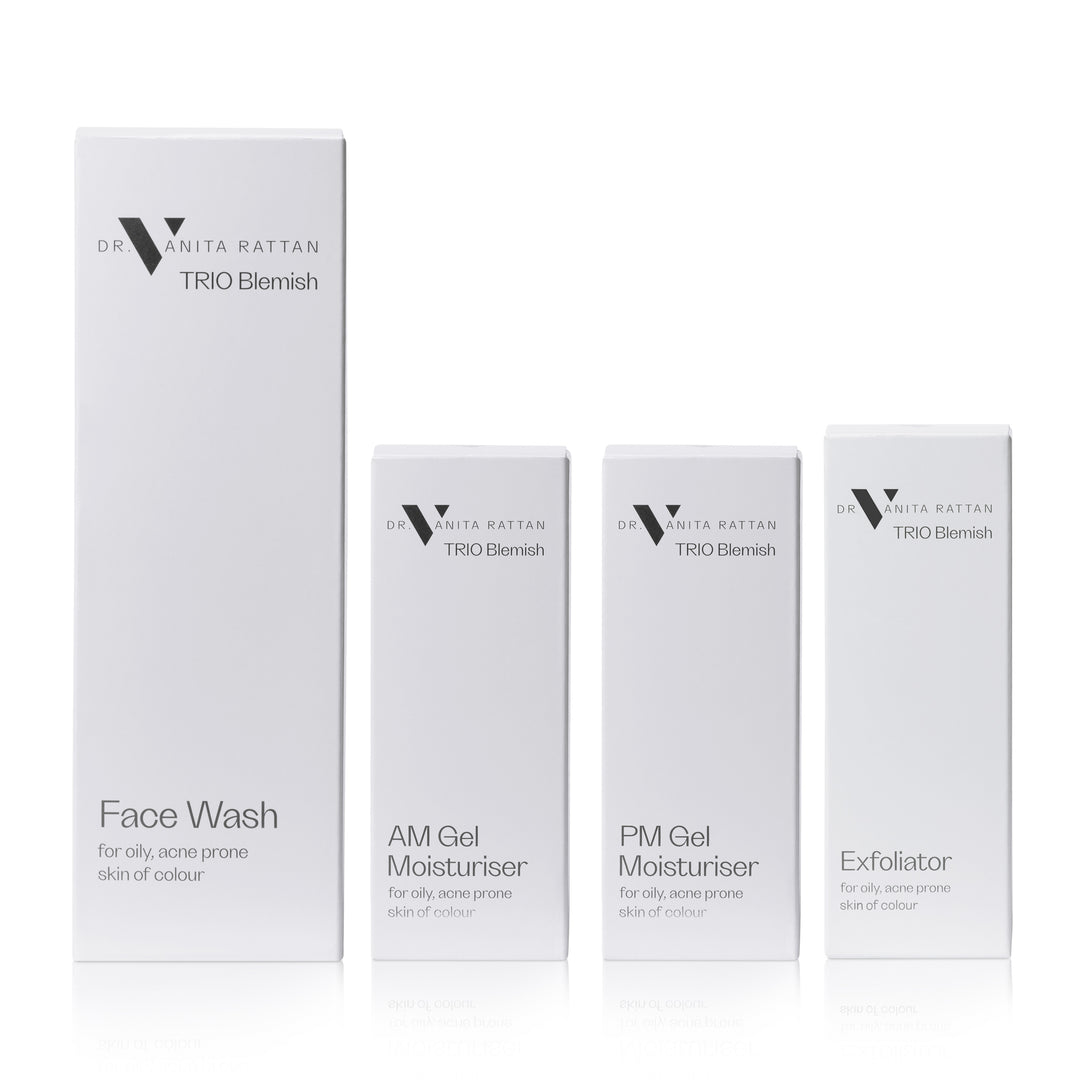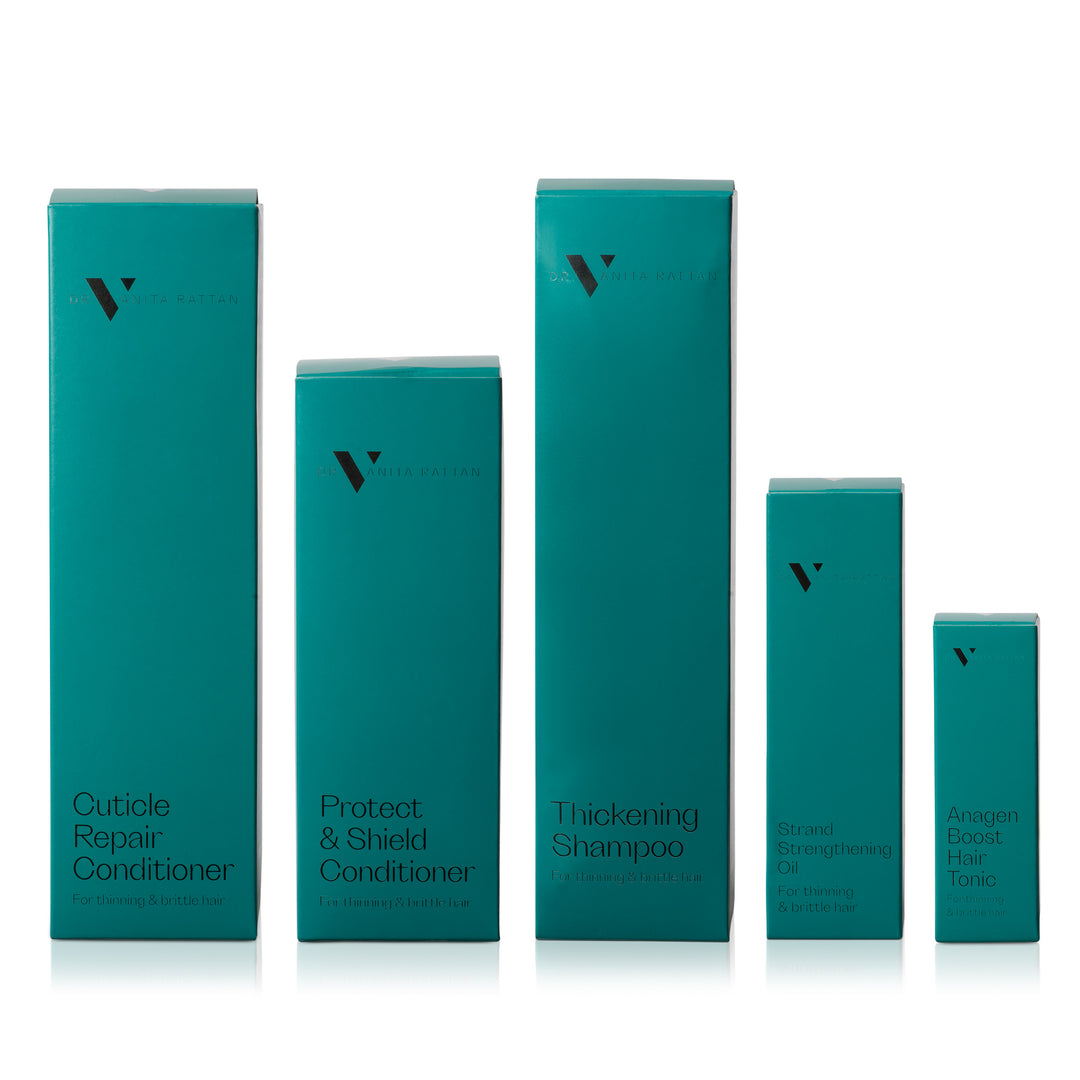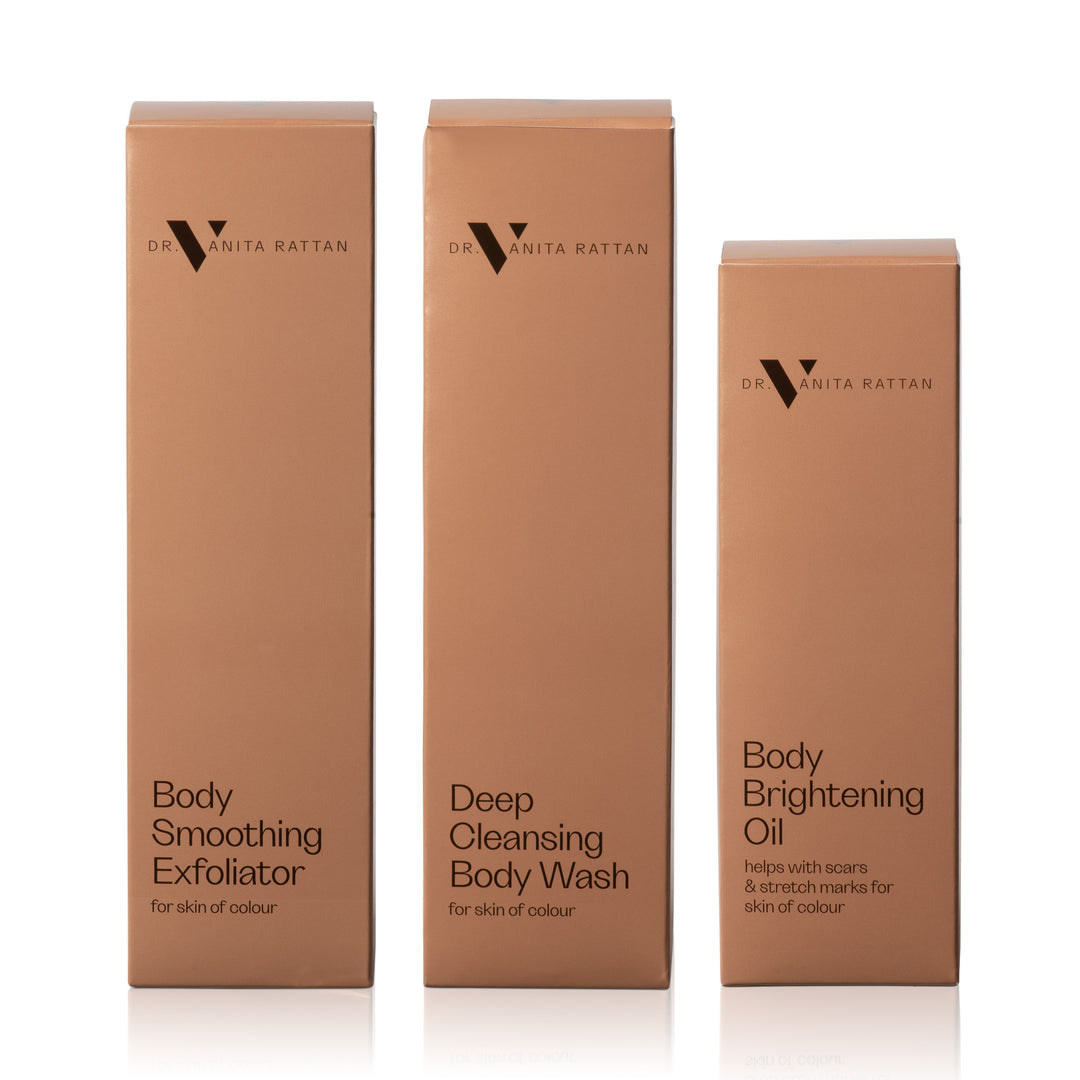A Definitive Guide To What Skincare Products To Avoid During Pregnancy

Navigating the world of skincare can be tricky, especially during pregnancy when you want to ensure both your and your baby's health and safety. With so many products on the market, it's essential to know what's safe to use and what's best avoided. In this guide, I’ll walk you through specific ingredients that should be avoided during pregnancy, and what to use instead.
What specific skincare ingredients should be avoided during pregnancy?
1. Vitamin A
We want to avoid Vitamin A derivatives during pregnancy, as some studies have linked excessive intake to malformations to the baby’s head, heart, brain, and spinal cord. Vitamin A derivatives include Retinol, Accutane, Roaccutane and Isotretinoin.
2. Chemical Sunscreens
When it comes to sunscreens, we tend to recommend mineral sunscreen over chemical sunscreen, as the latter has been linked to endocrine dysfunction. It’s a controversial topic, but ultimately with zinc oxide mineral sunscreens, it’s an anti-inflammatory so you won’t get this issue. Oxybenzone and Avobenzone are possible hormone disruptors, which can be absorbed into the bloodstream and should be avoided during pregnancy too.
3. Hydroquinone
Hydroquinone is another ingredient you want to avoid, due to its high absorption rate into the skin. Instead of this, I would recommend other tyrosinase inhibitors such as Vitamin C and Folic Acid to combat hyperpigmentation or melasma.
4. Essential Oils
The other big no-no is concentrated essential oils, some of which can lead to premature contractions. Also, 3-4 per cent of the population get contact dermatitis from fragrance, especially for skin of colour. Contact dermatitis doesn’t just mean redness of itchiness, it can mean hyperpigmentation that can last for years. Therefore, it’s best to avoid fragrance in your skincare and makeup altogether.
5. DHA (dihydroxyacetone)
I would also recommend avoiding spray tans because they contain DHA (dihydroxyacetone). DHA is basically a form of sugar that will react with the dead skin cells on the surface and produces a pigment called melanoidin. This pigment gives the skin a temporary tan or bronze appearance. The main concern with using DHA-containing spray tans during pregnancy is related to the potential risk of inhalation. Aerosol spray tans can create fine particles that may be inhaled during the application process, and if you apply spray tans via a cream, it can get into the eyes and mouth.
What SkincarebyDrV products are pregnancy-safe and what makes them a good option?
SkincarebyDrV products listed here are all approved for use during pregnancy and breastfeeding. Some of my favourites include:
Inzincable sunscreen- During pregnancy, hormonal changes can make the skin more sensitive to UV radiation, increasing the risk of sunburn and skin damage. SPF50 means it will take you 50 times as long to burn in the sun compared to if you hadn’t worn any sunblock at all. In practice, this means approximately 2 hours of protection. 17% Zinc Oxide has been used making this a 100% mineral sunscreen (anti-inflammatory) with no penetration of actives or nano-particles into the blood stream. This is why it is safe for pregnancy and those with sensitive skin.
Micellar Gel Wash - Acne breakouts are common during pregnancy due to the hormonal changes in the body. This daily anti-inflammatory gel wash helps to control sebum, redness and keep your skin clean, supple, and hydrated.
Super hydrating toner- A hydrating, non-drying alcohol, non-glycolic acid, non-fragranced toner, packed with anti-oxidants and anti-pigmentation ingredients. This helps create a hydrating base for your exfoliator, without any risk of skin sensitisation.
Cera Pep moisturiser- Pregnancy can lead to hormonal changes that may affect the skin's natural barrier function. A fatty moisturiser helps strengthen and repair the skin barrier, preventing excessive water loss and maintaining optimal hydration. This is particularly important as dry and dehydrated skin is common during pregnancy.
* It's essential to remember that every pregnancy is unique, and it's always best to consult with your healthcare provider before introducing any new skincare products into your routine.

